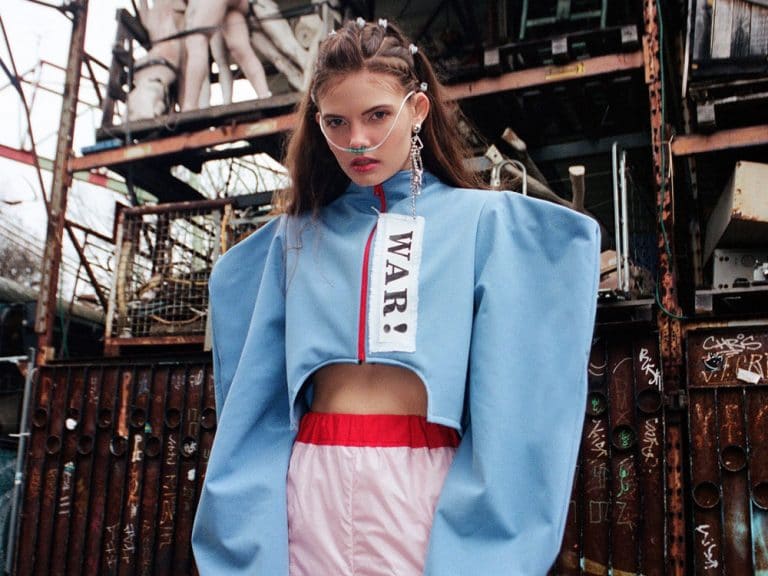How TikTok is becoming our go-to app for political activism
It’s funny how the apparent generational rift can divides us—new gens are often criticised by some of our predecessors, be that our social media habits and apparent phone addiction or the presumption that we don’t care for the world around us. Yet, when we do share our opinions on urgent issues such as climate change or poor political policy, we are labelled as ‘snowflakes’.
Being the ‘social media generation’, it isn’t surprising that we end up resorting to social media activism, with many now turning to TikTok to resonate with a wider and younger audience. TikTok is rapidly increasing in popularity, especially amongst gen Z audiences, who make up over 50 per cent of the platform’s user base. So how did TikTok become the go-to-app for politically driven content?
This week, the UK is about to have one of its most important General Elections in recent history, which will be a turning point in determining the future of the country’s politics; naturally, our social media feeds are covered with news about this. Ela, perhaps better known by her Instagram handle @sunkidi, has recently published a TikTok video on her Instagram feed, which has now gone viral, questioning why people vote conservative. “I made it on a whim really. I’m in my pyjamas in the video aha. I make really stupid TikToks when I’m bored and post them on my private Instagram, it was never meant to go on my public insta but my friends thought it was funny so I posted it there,” Ela tells Screen Shot.
The video has now received over 93 thousand views, and has been shared by hundreds, with Ela receiving overall positive responses, as not only did she manage to start a conversation about something incredibly important and find a way to engage with people online, she did so through humour. “I think every generation uses different means to express ourselves. Memes can cover all sections of life so there’s something for everyone to have a giggle at,” says Ela. It appears that as a generation we tend to turn to memes, humor and now TikToks to voice our concerns, and it is incredibly effective.
“I think social media is so important for this election because it’s giving people access to information that isn’t broadcasted by mainstream publications and it’s giving people who are suffering under a Tory government a voice.” There is also a real push to get young people to vote in this election, firstly, because the election determines the long-term future of the youngest members of the country, and, secondly, since there has previously been a lack of young people in the electoral register. A large majority of gen Zs were unable to vote in the Brexit referendum, for instance, because they were underage at the time. Since this current election was announced, over 47,000 new applications have reached the voting age by September alone. Ela is not the only one who used TikTok as a means to create awareness for this election; the Brexit Party is an avid TikTok user, while young supporters of other parties also turn to TikTok to create politically driven content in regards to the election and the current state of British politics.
It is uncertain what exactly influenced new voters to register, but activism and social media influence have played an active role in that. So do we owe it to ourselves and others to be political on social media? “I think we do owe it to ourselves to be political!” Ela tells Screen Shot. “I think social media activism is so important. I remember In 2014 finding out about the Ferguson riots before the mainstream media had reported it. I also think the media can be so quiet on important issues that people need to know such as the Hong Kong riots and killings of Muslims in China for example. I wouldn’t have known about that if it wasn’t for social media.”
It is true that there are many cases in which social media has managed to report on news before mainstream news outlets have; the Sudan crisis being a great example of such, or the most recent Chinese concentration camps for Muslims, and social media activism has been pivotal in raising awareness to these issues. Teenager Feroza Aziz recently went viral after posting a TikTok disguised as an eyelash tutorial in which she speaks about what is happening, urging people to take action—with the Chinese app temporarily disabling her for doing so. That hasn’t stopped Feroza, however, as she tells the BBC that she is not “scared of TikTok”.
The future belongs to the new gen, and we are claiming it by fighting for a better, kinder future, TikTok by TikTok, if that’s what it takes.





